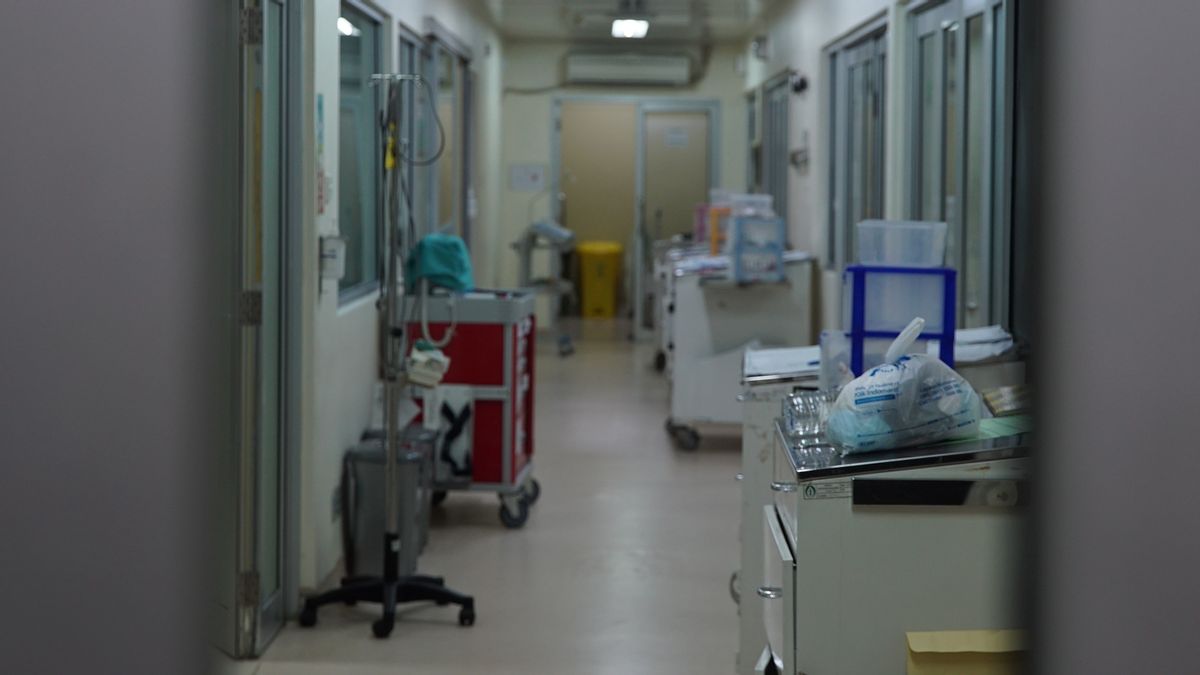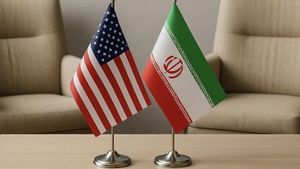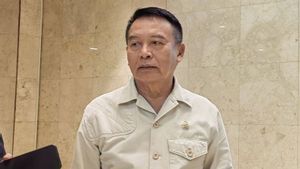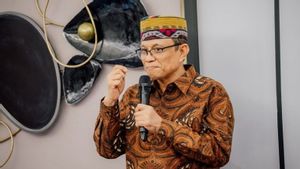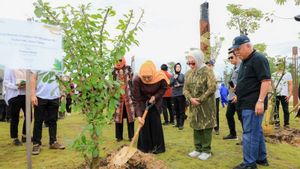JAKARTA - The pulmonary specialist at Pers Friendship Hospital, Erlina Burhan, responded to the survey results that show that more people want the government to prioritize economic management during the COVID-19 outbreak.
Erlina stated that economic recovery during a pandemic does not mean loosening the COVID-19 prevention protocol. The community must also prevent the transmission of the corona virus in various places, such as public transportation, tourism, shopping places, and offices.
"If you want the economy to improve, use optimal health protocols. There is a saying that if economic conditions go down, we can revive it. But, if a victim of COVID-19 dies, we can't revive it," Erlina said in a webinar discussion, Tuesday, July 21.
Erlina asked all parties, both the government and the community, to realize that during the adaptation period to a new normal, the development of the COVID-19 case will not subside.
The addition of new cases in recent times has always been above the figure of 1,000. As of today, the number of new COVID-19 cases has increased by 1,655 cases and the total is 89,869 cases.
"The average increase in cases continues to rise and there has been no decline. We have overtaken China. In fact, China has a population of 1.6 billion, while we have a population of 270 million. However, the number of confirmed cases is more," said Erlina.
This means, he said, that currently the community cannot control the spread of COVID-19 when they leave the house. "If this (handling) wants to balance health and economy, the condition is one. The health protocol is absolutely necessary to implement and its implementation should not be left to the community, but there is monitoring," he explained.
For information, the Indonesian Political Indicators survey institute explained that currently more people want the government to prioritize economic problems over health during the COVID-19 pandemic.
Based on the results of a survey regarding public opinion on COVID-19 from the health and economic dimensions, Executive Director of Political Indicators Burhanuddin Muhtadi said there were 47.9 people who wanted the government to prioritize the economy.
Meanwhile, there are 45 percent of people who prefer the government to prioritize health problems. Then, there were 7 percent who answered they didn't know or didn't answer.
"However, the difference in responses in July between pro-health and economic respondents is not statistically significant," said Burhanuddin in a survey presentation via webinar, Tuesday, July 21.
Burhanuddin explained that the trend of people who want the government to prioritize economic problems has increased from the results of a survey two months ago with a figure of 45 percent.
This increase is in line with the decrease in the number of people who want the government to prioritize health problems two months ago with a figure of 60.7 percent.
The English, Chinese, Japanese, Arabic, and French versions are automatically generated by the AI. So there may still be inaccuracies in translating, please always see Indonesian as our main language. (system supported by DigitalSiber.id)
